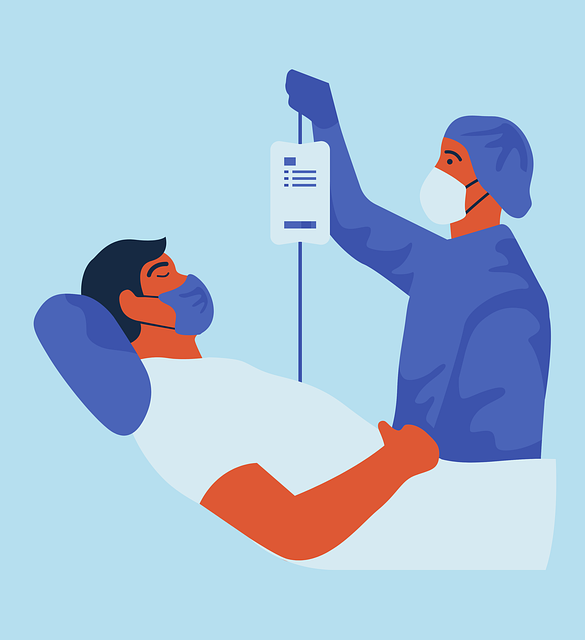Your health insurance policy is all set for a facelift from October. The Insurance Regulatory and Development Authority (IRDAI) issued new guidelines with the aim of making health insurance less complicated and more inclusive. Over the last one year the regulator has made several changes in the rules of health policies to make it more consumer focussed and now these changes will be implemented. More diseases and treatment will be included, policy clauses will be standardised and time-bound payment of claim will be at the core of these changes. This would impact the costing of the policy too. So be prepared to shell out more. Experts feel that health insurance premiums could rise in the range of 5-20%.
These new guidelines will be incorporated in the new policies from 1st October 2020 and all the existing health policy plan will be modified to meet the new rules.
Key Changes in Health Insurance Policies
1)Standardisation of Policy clauses
Make the policy wording easy and simple to understand. Remove ambiguity and technical words. Almost all the policy provide similar kind of benefits but are written in a very complicated language which may turn out to be a maze of words. IRDAI has asked companies to have a uniform definition of the policy clauses. Terms and conditions of the policy will be worded in a standardised format.
2)New Ailment and treatment to be included
Mental illness, stress, age-related degenartion, internal congenital diseases, genetic disease and menopause-related disorder will also be a part of health insurance plans. Procedures like cataract surgery, knee replacement and new treatment like stem cell therapy, oral chemotherapy and balloon sinuplasty will be covered. Companies are barred from excluding illness caused due to hazardous working condition so a factory worker working in a chemical factory can’t be denied from health policy. Exclusion for certain disease could be permitted but with clear wording in the policy and that too will be covered after the waiting period.
3)Can’t Reject a claim after 8 years
If a policyholder has been paying the premium for 8 years continuously a health insurance company can’t reject his/her claim. This period of 8 years is called a moratorium period.That means a policyholders claim can’t be rejected from the 9th policy year unless proven fraud or in case of some permanent exclusion.
4)Pre-existing Disease
According to IRDAI guidelines, any disease diagnosed 48 months prior to the issuance of the policy will be considered as a pre-existing ailment. Claim rejection on the ground of pre-existing disease was rampant by health insurance companies. Thus IRDAI has deleted a modification from the earlier definition. Companies can’t reject the claim for diseases whose symptom show up in the first 3 months of the issuance of policy. If an insurer develops some condition within first 3 months of the purchase of the policy companies can’t simply reject it but will be obliged to cover it. Waiting period for PED can’t exceed 48 months. IRDAI has issued a list of standardised exclusion that will be allowed by the insurance companies.Further no exclusion will be added by the companies on their own.
5)Can pay Insurance premium Instalments
IRDAI had given direction in June that amidst COVID19 outbreak companies can allow policyholders to pay their premium in instalments. Of course, this will be companies prerogative if they offer the instalment facility to its customers or not.
6)Medical cost and deduction on room rent
Define the medical expense on which deduction clause will be imposed. If there is a sub-limit on hospital room rent and you happen to choose a room whose cost was more than your limit then there would be certain deduction to your entire claim. To make it easier for policyholders to understand the expense on which deduction will be applied IRDAI has asked the insurer to specify beforehand which medical expenses will attract proportionate deduction. They can’t impose any deduction on diagnostics and pharmacy cost , consumables and implants and medical devices used in treatments.
7)Telemedicine
The insurer will have to cover the cost of telemedicine as well. Given the present COVID19 scare lots of patients are consulting their physicians online or telephonically and thus IRDAI wants to ensure that this cost must be covered in the health plans too.
8)Claim to be paid within 30 days
Whether pay the claim or reject it – whatever may be the decision the insurance companies have to do it in a time-bound manner. The final decision should be taken in 30 days from the date of the claim receipt. In case of delay, the insurer will have to pay interest to the policyholder over and above the claim amount.







